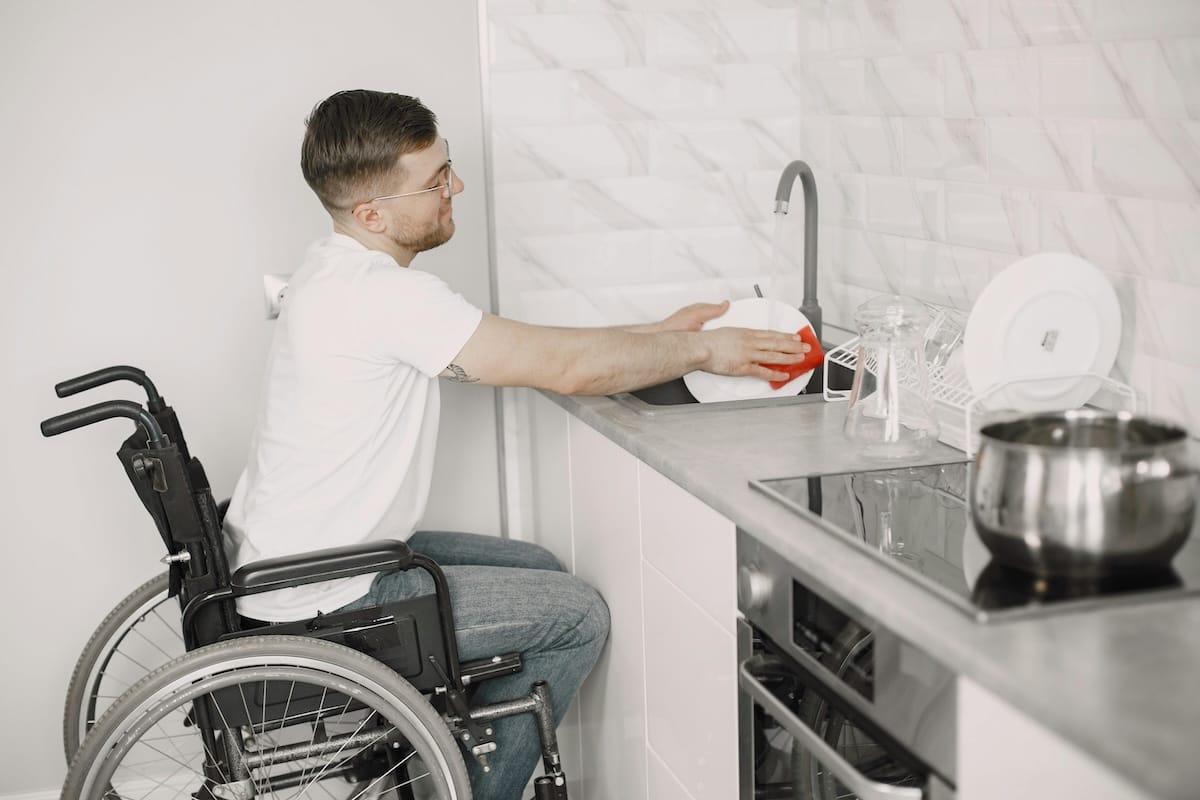Get serious about rest, by embracing these seven different types
When you think of resting, chances are it’s lying on the sofa or taking a nap that comes to mind. However, resting isn’t just about giving our physical bodies a break. In fact, there are actually seven different types of rest that we all need.
“We are composed of a mind, body, and soul, and this means that when we consider resting, it is not merely the absence of any activity, but a concept that encompasses various dimensions of our physical, mental, emotional, and psychological being,” Tina Chummun, a psychotherapist and trauma specialist, explains. “While physical rest is often prioritised, because this is where we may feel exhaustion the most, neglecting other types of rest can lead to burnout, decreased productivity, and compromised health and wellbeing.”
Understanding, recognising, and prioritising these seven types of rest – physical, mental, emotional, sensory, creative, social, and spiritual – is therefore essential. By attending to these, we can recharge our energy sufficiently. “Remember, true rest is not a luxury – it’s a necessity for thriving in an increasingly demanding world,” Tina adds.
1. Physical rest
The most obvious type of rest, this involves giving your body time to recover from physical exertion, and includes sleep and resting the body throughout the day. “Adequate sleep is crucial for repairing tissues, regulating hormones, and boosting immune function – while taking breaks during the day to stretch, relax muscles, or engage in gentle movement can alleviate tension and enhance overall wellbeing,” Tina explains.
2. Mental rest
We all know that frazzled feeling when you have too many tabs open in your brain, and you can’t concentrate on anything. “In our fast-paced, technologically advanced world, our minds are constantly bombarded with information and triggered by stimuli, leading to cognitive overload,” Tina says.
Building mental rest into your days is crucial to ease cognitive strain, restore mental clarity, and improve focus. Taking time away from screens and technology is key here, and practising mindfulness and meditation techniques can really help. Getting out in nature or completing mindless tasks, like folding laundry or doing the dishes, can also give your brain a break.

3. Emotional rest
Sometimes we need to replenish our emotional cups. We have to build in time to give ourselves space to process experiences in life, and feel our feelings.
“Emotional rest may include spending time in nature, self-care rituals, journaling, or seeking support from loved ones, as well as professionally from a therapist,” Tina says. By observing and tending to our emotional needs, we can cultivate resilience, foster healthier relationships, and find a better sense of emotional balance.
4. Sensory rest
Like the name suggests, this type of rest is all about giving our senses a much-needed break. While everyone has a different capacity to deal with sensorial stimulation – whether it’s sounds, sights, or smells – we all need a break at some point. Sensory rest involves creating calm and quiet environments. Spending time in nature, listening to relaxing music at home, or taking a silent candle-lit bath are all great ways to incorporate sensory rest into your day. “By dialing down sensory input, we can promote relaxation, reduce stress, and enhance our overall sensory wellbeing,” Tina says.

5. Creative rest
Creative rest is essential for replenishing our creative energy and inspiration. “Engaging in creative pursuits allows us to express ourselves, tap into our imagination and access new perspectives, but it can also become draining if constantly demanded without adequate rest,” Tina says.
Sometimes we need to take a step back from what we are doing, rest, and allow the moments of inspiration to come. Walks are always a good idea, but taking time to do things that inspire you – like visiting an art gallery, listening to music, or speaking to a friend – can also be helpful. Whether or not you have a creative job or passion, leaning into creativity can have huge benefits. “By nurturing our creative spirit, we can enhance problem-solving skills, foster innovation, and reignite our passion for life,” Tina adds.
6. Social rest
Depending where you fall on the extrovert to introvert scale will impact how much social versus alone time you need. However, we all need some social rest eventually. “Social rest entails setting boundaries, prioritising quality over quantity in relationships, and carving out time for solitude and introspection,” Tina says. Enjoying solitary activities allows us to recharge our batteries, and ensures socialising feels fulfilling when we do it again.

7. Spiritual rest
“Spiritual rest involves connecting with our inner self, values, and sense of purpose,” Tina says. Regardless of religious beliefs, spiritual rest encompasses practices that foster a sense of meaning, gratitude, and connection to our inner selves. This may involve meditation, prayer, mindfulness, or engaging in activities like journaling or creating a gratitude list.
“Spiritual rest allows us to find solace in times of adversity, cultivate a sense of inner peace, and tap into a deeper sense of purpose and connection to something greater than ourselves,” Tina says.


Comments